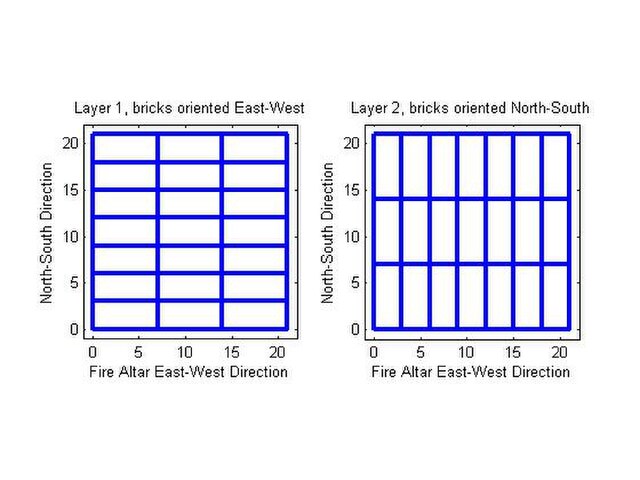Infinite photos and videos for every Wiki article ·
Find something interesting to watch in seconds
Orders and Medals
Largest Empires
Celebrities
Crown Jewels
Kings of France
Largest Palaces
Sports
Recovered Treasures
World Banknotes
Countries of the World
History by Country
Great Museums
Richest US Counties
Presidents
Best Campuses
Famous Castles
Supercars
Rare Coins
Ancient Marvels
Animals
Wars and Battles
Tallest Buildings
Great Cities
British Monarchs
Great Artists
Wonders of Nature
more top lists


